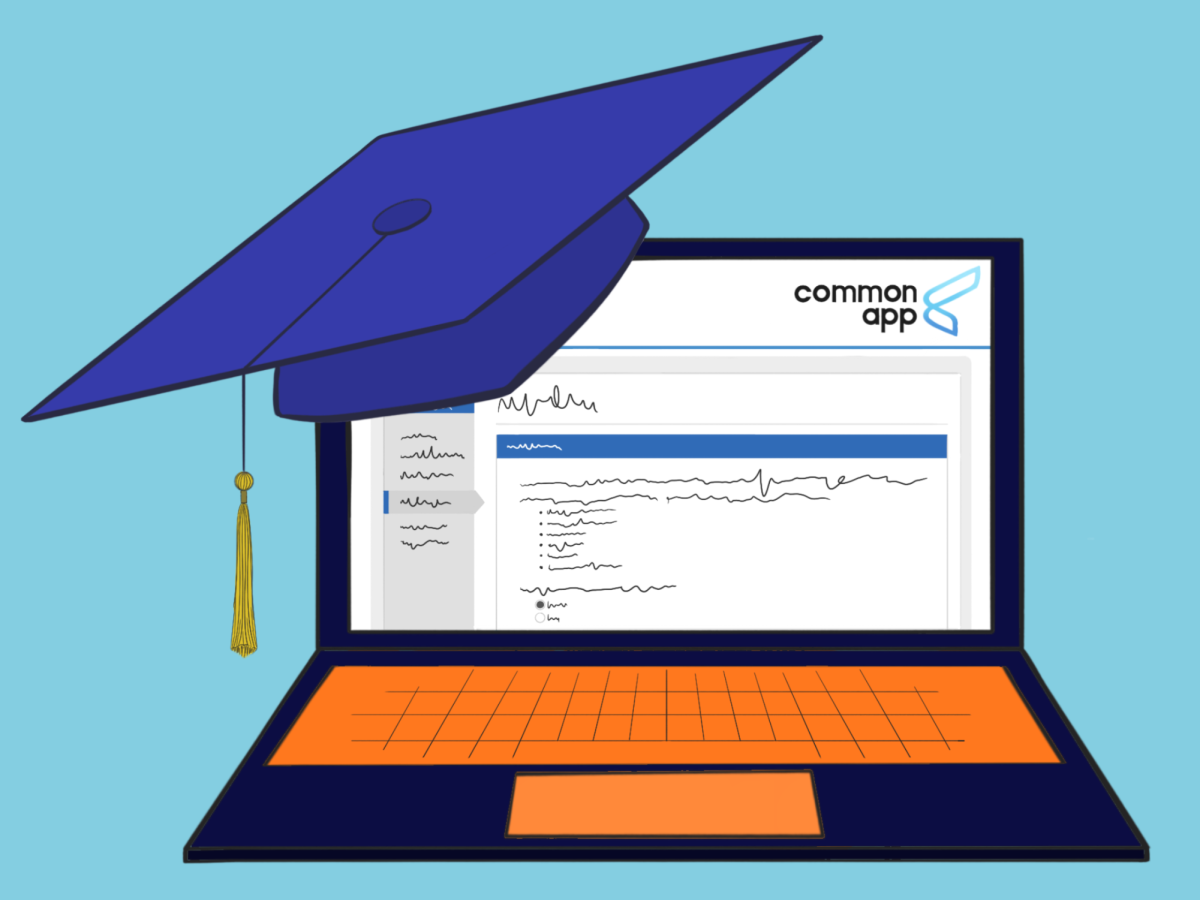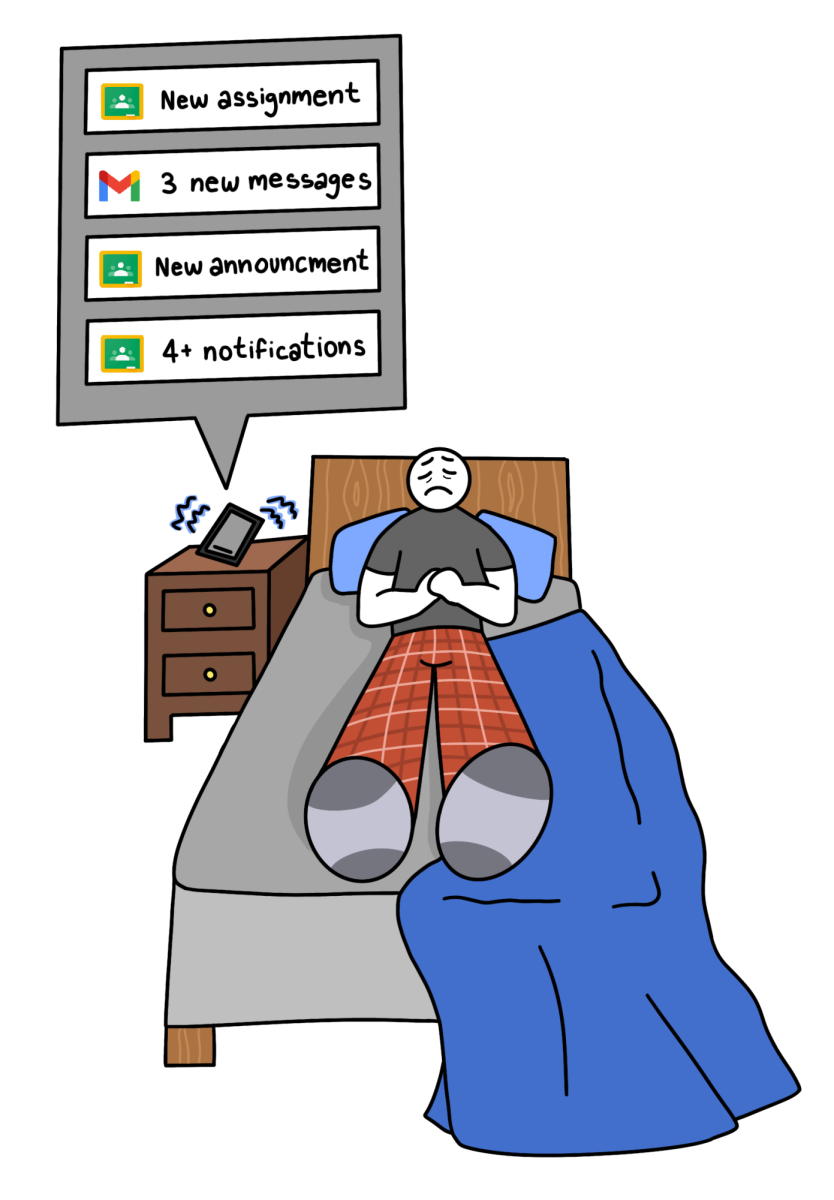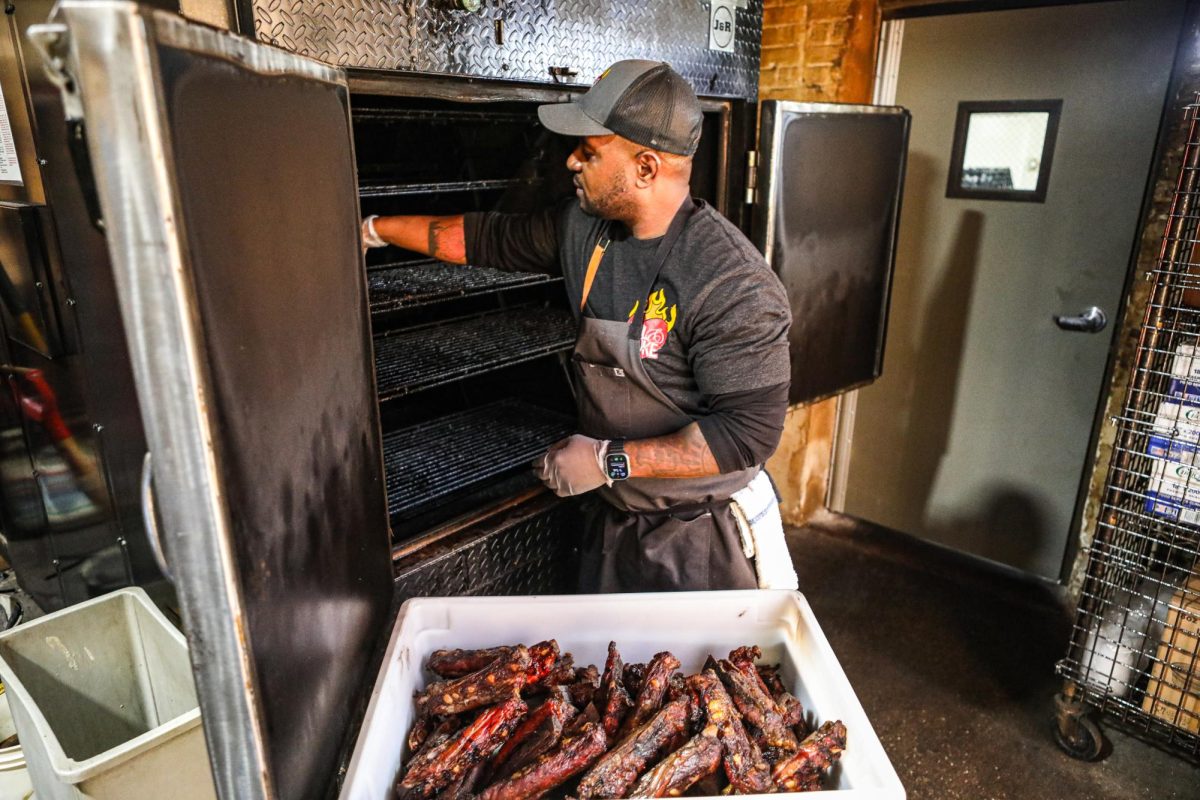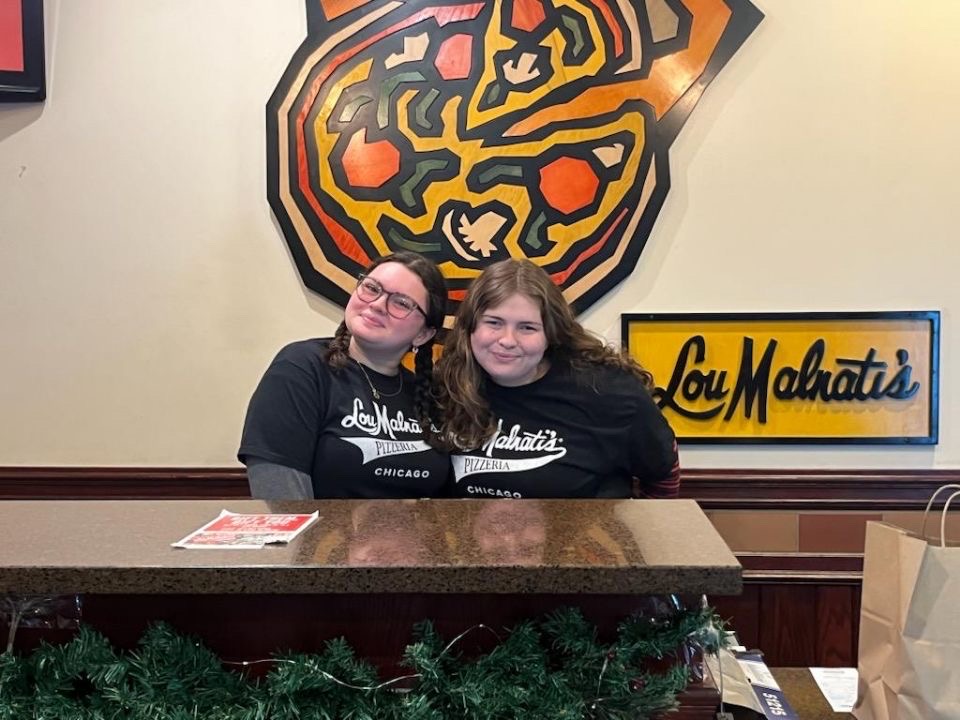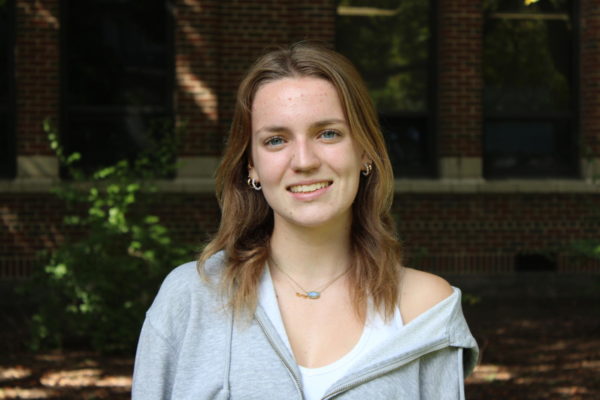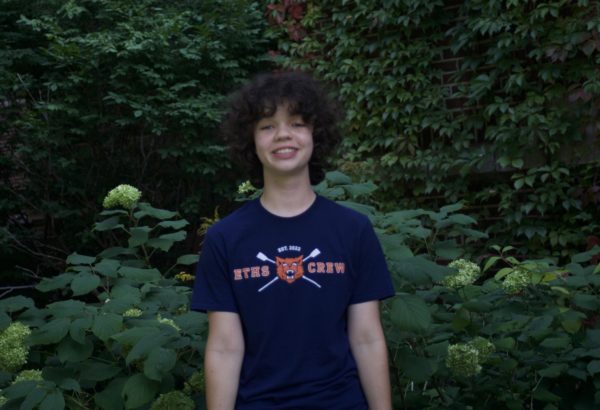When the warmth of summer comes to a close and ETHS students gear up for August, the beginning of the school year, the new upper class has the college application process to embark upon. Chromebooks are opened for numerous essays, and SAT and ACT scores are sent to colleges across the world for students to await responses throughout their Senior year. Evanston Scholars, a non-profit organization that works to improve college access and success, has offices in ETHS’ very own South Technology Center (STC). The program works to make this process more accessible, especially for students of color, low-income families and first-generation applicants.
Executive Director and former ETHS English teacher Steve Newman started the program in 2011 when he noticed the discrepancies in how students would think about college attainability in his English classes. He noted that the lack of a support system seemed to be the main problem.
“I looked into trying to start something, whether that was going to be in the school or elsewhere, and I tried to connect with other existing non-profit organizations,” Newman explains.
Evanston Scholars ended up loosely basing themselves upon Chicago Scholars, another academic assistance program, but instead of their three-year plan, instituted a six-year plan to assist students. This plan involves Junior and Senior years of high school and all four years of college.
A necessary part of the high school program is the monthly workshops for students and individual meetings with the leaders of the pods each scholar is assigned. ETHS currently has 50-55 students per junior or senior-year cohort, with individual pods of about 13 students assigned to a College Access Staff member.
The monthly workshops are typically split between Juniors and Seniors and have served to be beneficial to senior Hector Suarez who will be attending the University of Chicago next Fall. Their last workshop was focused on scheduling and staying on track for college, especially with making the transition.
“I feel that these workshops contain a lot of in-depth knowledge that I need to know, especially when it comes to the transition from high school to college,” Suarez explains. “We learned what to expect in college, and how to mentally and physically prepare for bigger workloads.”
If the scholars want a one-on-one approach with their pod leader, the STC is another available location for a meeting during the pod leader’s office hours. This dedication that each pod leader has to the program has worked wonders for Suarez when he was in the early action/decision phase of his application process.
“There was one day when it was so busy because a bunch of students were seeking my pod leader’s help, and I remember getting help as late as 11 o’clock to push me to submit my applications right on time,” he explains.
Senior Grace Juarez, set to attend Northwestern University in the fall, also experienced outstanding help from her pod leader, especially in the essay writing process.
“I was working on my essays and forwarding them to my pod leader, Ms. [Laura] Maloney. She was always there to support me and edit whatever I needed,” Juarez says.
Junior and senior years within the program follow the steps to college application with juniors mainly focusing on taking notable classes to build an impressive resume while also receiving SAT and ACT prep. The program provides 10 weeks of free, mentored test prep to scholars and also registers the scholars for a SAT before the state-mandated test in April.
“It was nice to know that if I didn’t get the score I wanted on the first test, I always had the ETHS-mandated one, and [Evanston Scholars] could always find another test if you need it,” Juarez explains.
Another essential part of a strong application for Evanston Scholars is the summer programs that can help to build experience. Juarez participated in two programs called Global Glimpse and a Northwestern Engineering program.
“Global Glimpse is a nonprofit organization based in California, but I ended up traveling to Ecuador for two weeks. [Evanstons Scholars] helped me with the application process because it is highly competitive, and [helped with] funding the rest of the cost of the trip,” Juarez explains, “Evanston Scholars values ETHS students going and experiencing program like this before college, and it really helped with my application.”
After the summer after junior year, scholars build upon their prior classes in senior year as they decide what they would like to pursue in college, along with tons of essay writing prep.
“I don’t think I would’ve been able to get into my dream school without Evanston Scholars,” Hector explains. He can attest to the fact that the college essay-writing process can be a grueling experience. “I’m forever grateful to my pod leader for helping me come up with ideas on what to write or just making something flow a little better on my essays.”
Another important step in applying to college is the scholarship applications that many scholars in the program write. This process has been heavily impacted by the FAFSA (Free Application for Federal Student Aid) delay, because the revamp of the new FAFSA form is taking longer than expected. Many institutions will now not be able to receive student’s FAFSA forms until early to mid-March.
“Students don’t have the information they need to know if they are going to be able to afford school and commit. I still don’t have my student aid index number, which I should’ve gotten by now, and it is kind of a learning process,” Juarez explains.
When the scholars are done with high school, they are certainly not done with the program. Workshops continue throughout the summer of senior year to freshman year of college. The check-ins mainly entail more conservation about possible scholarships with colleges and schedule checks. The scholars are taken to a new team in college called the College Access and Success team. This can be exciting for students, but also sad because of the bonds they have created within the program.
“For me, I identify as a first-generation, low-income student, and because a lot of other scholars also identify as first-gen and low-income, I feel like I’ve been able to connect and relate more with other people’s struggles when it comes to the sheer overwhelming nature of just applying to college,” Suarez explains.
Newman wants to provide this opportunity for community building and college help to more students at ETHS, but as Evanston Scholars is funded by donations, the program has limited spots.
“Each year, we get more applications than we have spots, and the applicants have been getting more and more qualified,” Newman concludes. “I would love to try to build upon our resources, because everybody needs a support group, and Evanston Scholars works to provide that.”


